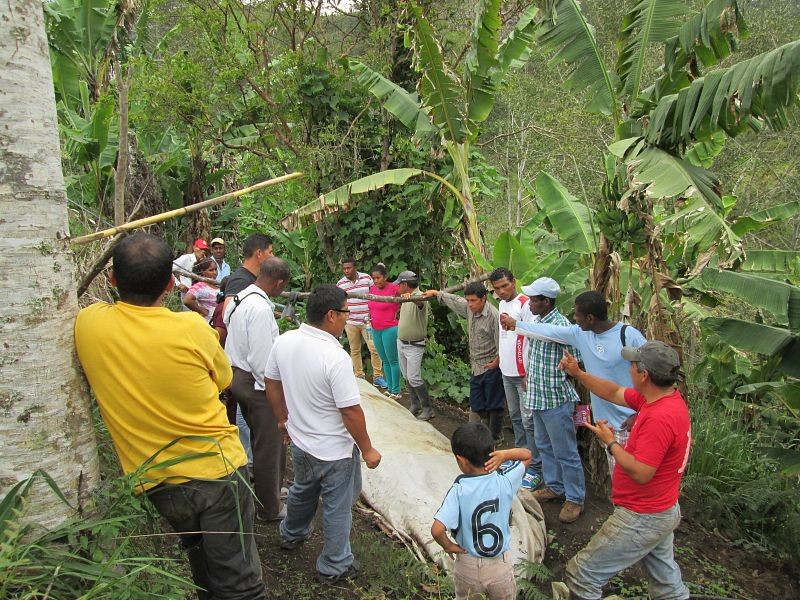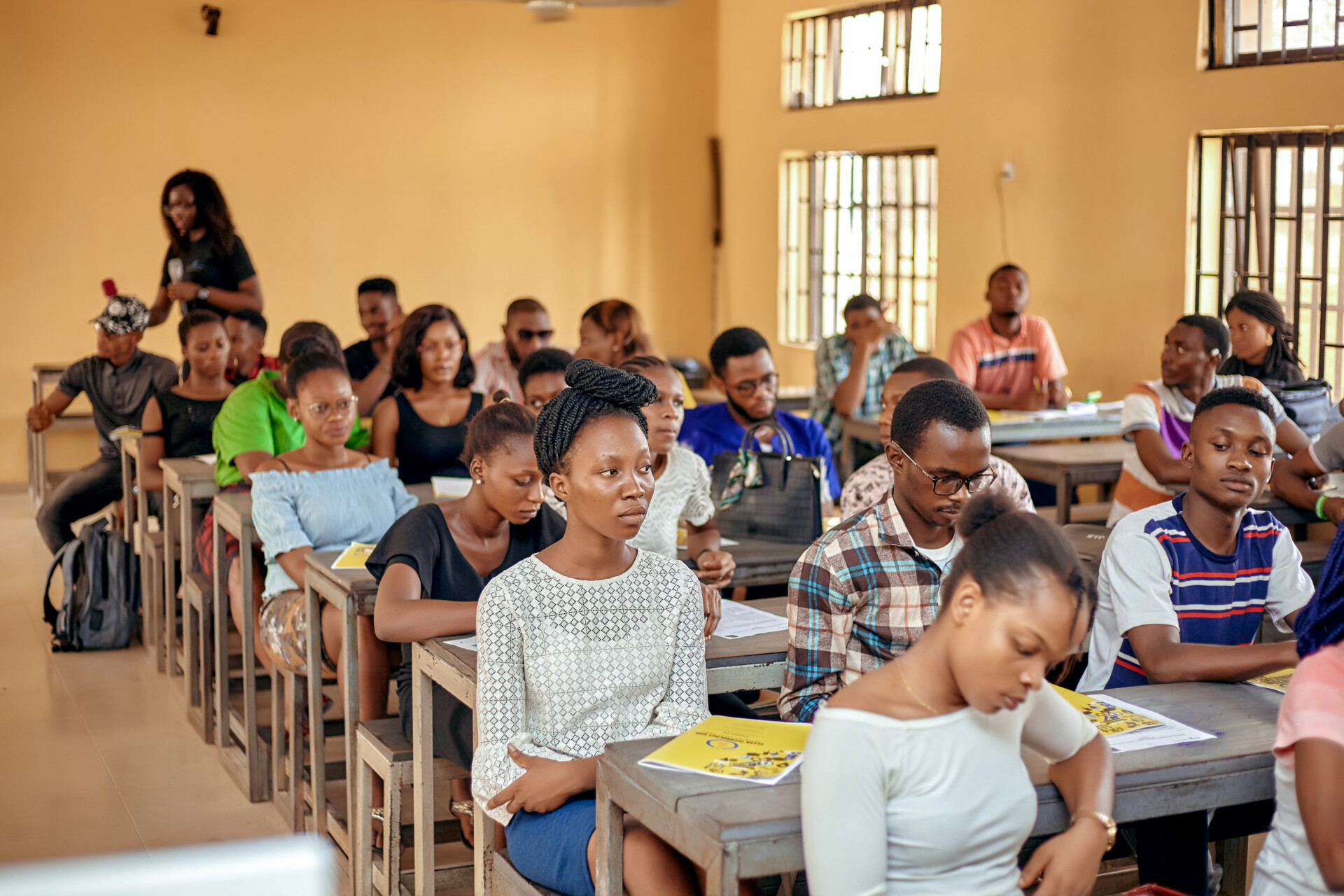Biraj Gautam and Rabin Shrestha share their lessons from the latest visits to the micro hydro power sites in Jumla and Baglung.
Biogas and Solar Drying Technologies for Cocoa Production in Ecuador
The overall aim was to improve the livelihoods of rural families in Rioverde, Esmeraldas, Ecuador through the implementation of renewable energy (RE) technologies and sustainable agricultural practices. Although Rioverde is one of Ecuador’s poorest and most under-served regions, a growing market for sustainably produced cocoa beans, the region’s traditional cash crop, offers rural smallholders new opportunities.
The project’s objective was to improve cocoa production and processing in three communities, Felfa, Las Amazonas, and Estero Hondo, through the implementation of biogas digesters, passive solar dryers, and socio/technical training. The aims were to help restore the region’s fragile natural environment, reduce fossil fuel consumption and improve lives and livelihoods.
Responding to a variety of social situations in the three participating communities, management models for CRECER’s implemented technologies included elements of individual ownership, locally-elected committee administration and mixed communal/entrepreneurial approaches. As a result of the broad focus of CRECER’s training programmes (RE technician, cocoa cultivation, gender equity/local organisation improvement and environmental programmes), participation was open to many individuals in each community. Overall, more than 100 people attended courses covering areas including cocoa cultivation, social issues and environmental conservation themes.
To create local options for the replication of the technologies installed, the promoter/trainer course was largely hands-on and interest generated by the initial biogas digester construction is expected to create several additional sales in the Rioverde region in the next year, providing supplementary income, if not significant employment opportunities, to enterprising promoters.
The participation in CRECER’s project appears to have been a catalyst for local community action in Felfa, as community members have come together to form a legally-registered grassroots organisation to formalise local leadership for future efforts and to channel requests for further training support.
Photos of the project are available on our Facebook page. A summary of the project results will soon be published on our project site: Growing Esmeraldas with renewable energy.


